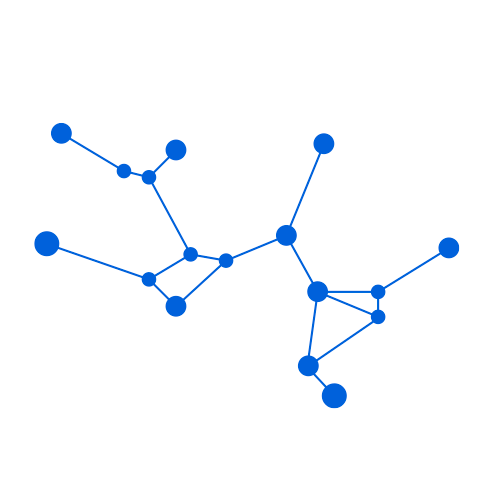Decentralized Identity
This week we’ll be looking into decentralized identity. In the area of connected care, it is one of the fundamental building blocks. Currently we have a lot of questions about it.
In our minds, a good identity system has several layers. Of course you need to have an identity with your government, and also for health care purposes. But you don’t want to use that same identity for Facebook. After all, you don’t want a hacker to be able to link your Facebook data to your health data.
In our day to day life we also have different identities. For most of us, it is important to keep “work” and “life” separate. At work we communicate and behave in another way than we do outside work. And also outside work we don’t appear the same in different social circles. These are all different identities of ourselves that we present to the world. A good identity system should support this, because we need to have this ability online as well. As Christopher Poole puts it:
Google and Facebook would have you believe that you’re a mirror, but we’re actually more like diamonds,” Poole told the audience. “Look from a different angle, and you see something completely different… Facebook is consolidating identity by making us more simple than we truly are.
This brings us to some of the topics we want to look at this week.
- What (decentralized) identity systems are out there?
- If you have all these identities, you need to manage them somehow. Like a wallet manages your Bitcoin addresses, we need something to manage our identities. What would we call that, and what does it look like? This is a usability and design challenge!
- How does such an identity system integrate with existing online platforms like Facebook?
- We want to talk to people who have thought about this before! Please contact us by leaving a comment.
 Charterhouse Blog
Charterhouse Blog